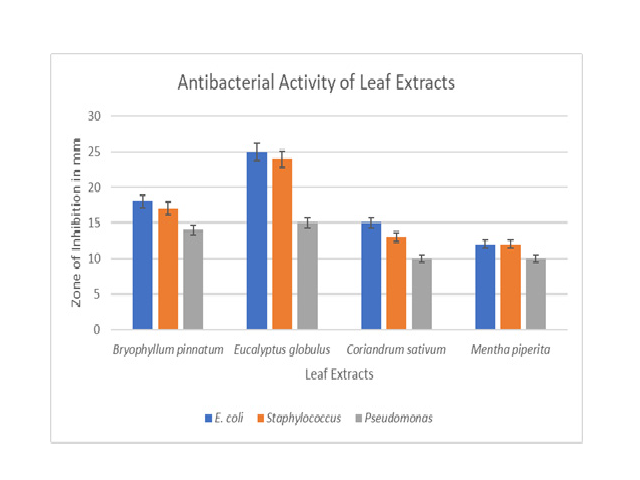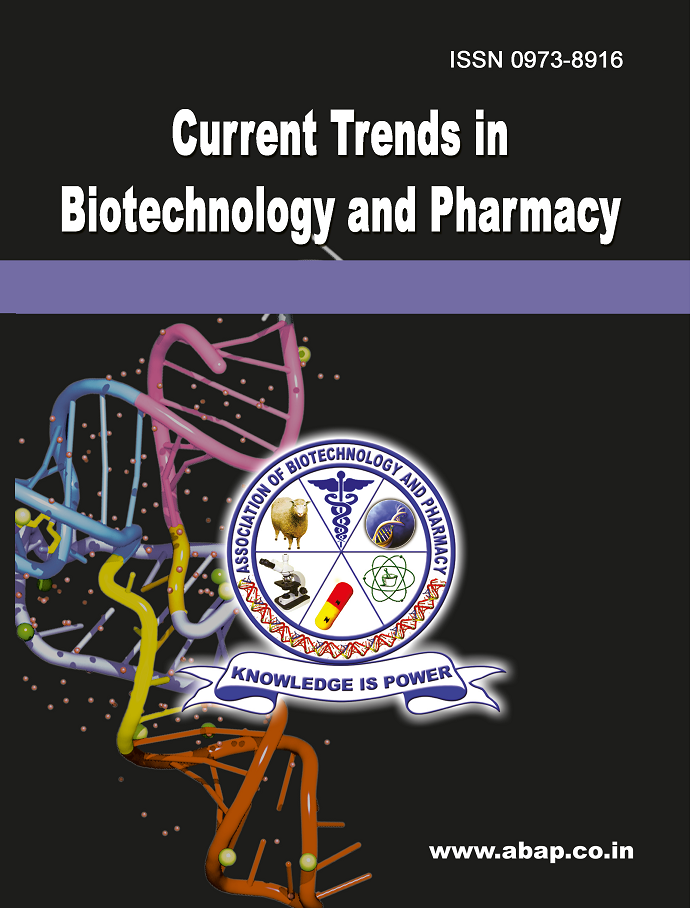Determination of the Antibacterial and Anti-biofilm Capability of Selected Leaf Extracts
DOI:
https://doi.org/10.5530/ctbp.2023.4.68Keywords:
antibiofilm, antimicrobial, Bryophyllum pinnata, Coriandrum sativum, Eucalyptus globulus, Mentha piperita, maceration.Abstract
Antibiotics are epochal examples of medical development in human history. The naturally occurring molecules may, however, develop into new sources of antibacterial and anti-biofilm drugs for clinical use as a result of an impending antibiotic crisis brought on by the emergence and widespread spread of antimi-crobial resistance among bacterial agents, as well as the rising number of patients with chron-ic and recalcitrant bacterial bio-film-associated infections. There is a need for alternate treat-ment regimens, especially those derived from natural resources like plants because they are efficient and have less side effects, especially with the rising incidence rate of periodontitis and resistance among oral bacteria to antibi-otics. The major goal of the current work is to determine the antibacterial and anti-biofilm ca-pability of leaf extracts from Bryophyllum pinna-ta, Coriandrum sativum, Eucalyptus globulus, and Mentha piperita. Plant leaves were collect-ed, and maceration method was used to make extractions. E. coli, Staphylococcus aureus, and Pseudomonas aeruginosa that produce biofilms, were used as test organisms for the obtained extracts. It was calculated how much biofilm inhibition there was. Potential antibacte-rial and anti-biofilm action was demonstrated by leaf extracts. Bryophyllum pinnata and Eucalyp-tus globulus demonstrated good results among four plant leaf extracts. A phytochemical screen-ing was done on the extracted materials.



